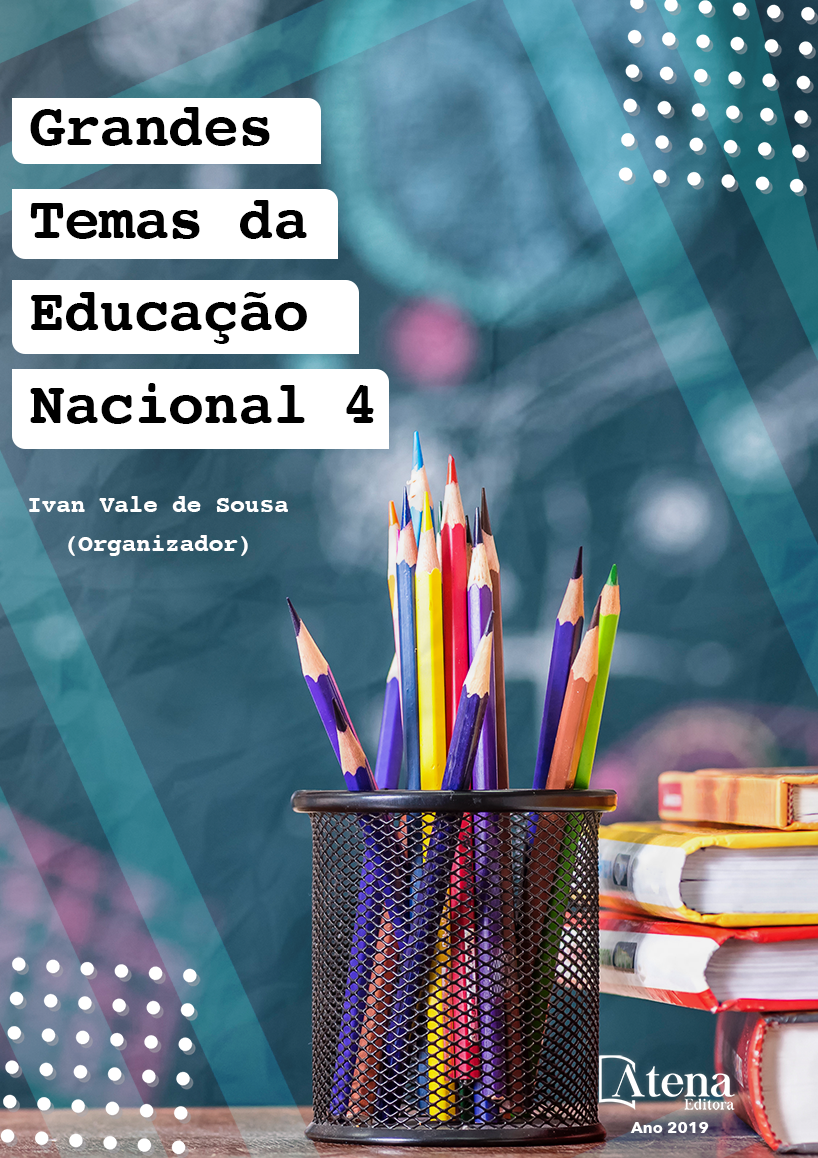
DESENVOLVENDO EMPATIA EM ESTUDANTES DE MEDICINA ATRAVÉS DA INCLUSÃO
Empatia é uma importante
habilidade a ser desenvolvida durante o ensino
da semiologia médica. No segundo semestre de
medicina da UNIFOR o módulo de Habilidades
Médicas II aborda a anamnese com enfoque
centrado no paciente. O presente estudo relata a
experiência de usar a inclusão para desenvolver
a empatia. Foi realizada uma sessão de tutoria
com alunos simulando a deficiência visual
(vendas oculares) e outro aluno sendo o guia.
Na segunda metade os papeis foram invertidos.
Os resultados demonstraram que esta
experiência foi importante no desenvolvimento
da empatia, pois 84,5% dos alunos relataram
melhora desta habilidade depois da atividade
realizada. Os sentimentos mais relatados
foram apreensão e angústia (22,4% cada),
incapacidade, insegurança e dependência
(20,7%, cada) e solidão (5,2%). A simulação de
deficiência visual durante a sessão de tutoria
permitiu aos alunos do segundo semestre de
Medicina vivenciar as dificuldades enfrentadas
por um indivíduo com esta deficiência e refletir
sobre o desenvolvimento da empatia
DESENVOLVENDO EMPATIA EM ESTUDANTES DE MEDICINA ATRAVÉS DA INCLUSÃO
-
DOI: 10.22533/at.ed.3401902046
-
Palavras-chave: Empatia; Grupo Tutorial; Aprendizagem. Inclusão Social.
-
Keywords: Empathy; Tutorial group; Learning; Social inclusion.
-
Abstract:
Empathy is an important skill to
be developed in Medical semiology education.
In the second semester at Unifor’s Medical
School, the class “medical skills II” teaches an
anamnesis focused on the patient. This study
talks about the experience of using inclusion to
develop empathy. There was a tutorial section
in which the participating students were divided
into pairs and while one was simulating a visual
deficiency (using bands covering their eyes),
the other was acting as the guide. After the first
part, the pairs switched their roles then both
could experience the two situations. The results
showed that this experience was important to
develop empathy since 84.5% of the students
related that they improved this skill after this.
The most related feelings were misgiving,
distress (22.4% each), disability, insecurity
e dependence (20.7% each) and loneliness
(5.2%). The simulation of visual deficiency
during the tutoring section allowed the medical
students of the second semester to experience the difficulties faced by people with
visual deficiency and to reflect about the importance of developing empathy.
-
Número de páginas: 15
- Marina Arrais Nobre
- Luiz Vianney Saldanha Cidrão Nunes
- Rejane Maria Rodrigues de Abreu Vieira
- Rivianny Arrais Nobre
- Sônia Leite da Silva
- Márcio Roberto Pinho Perereira


